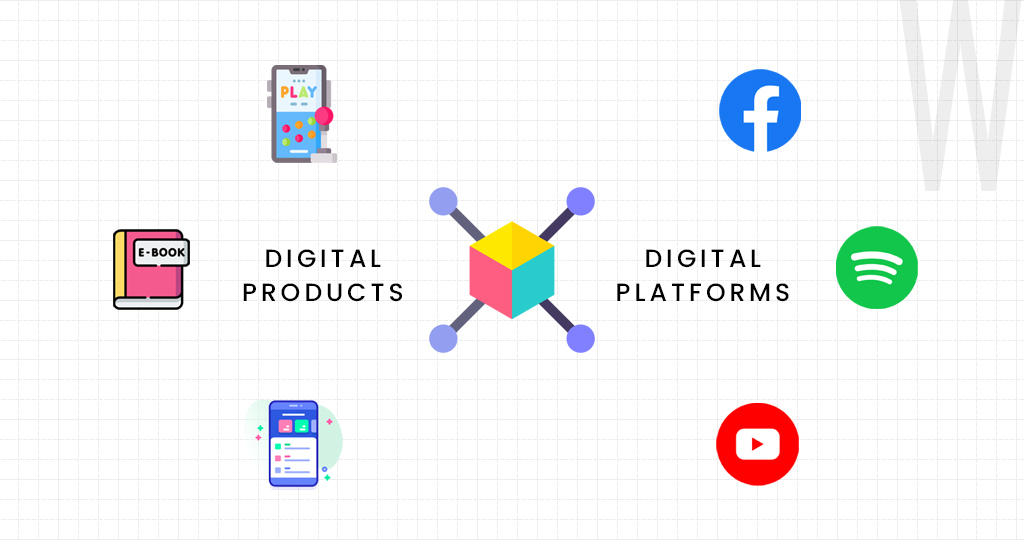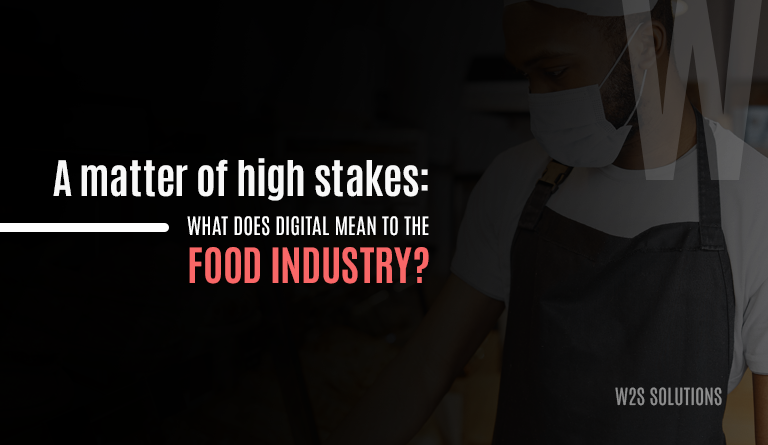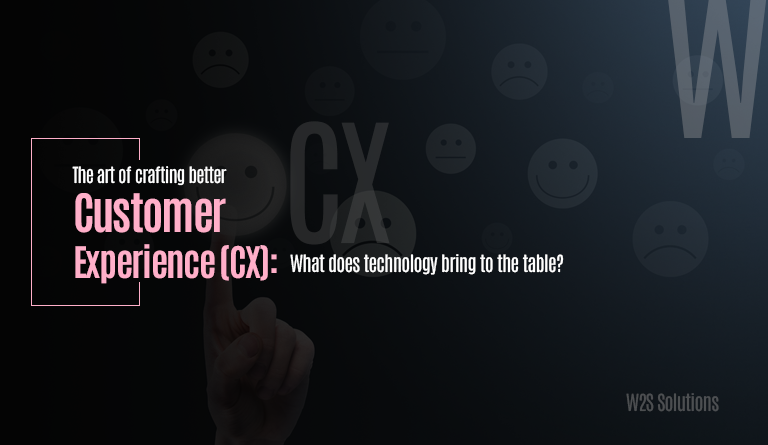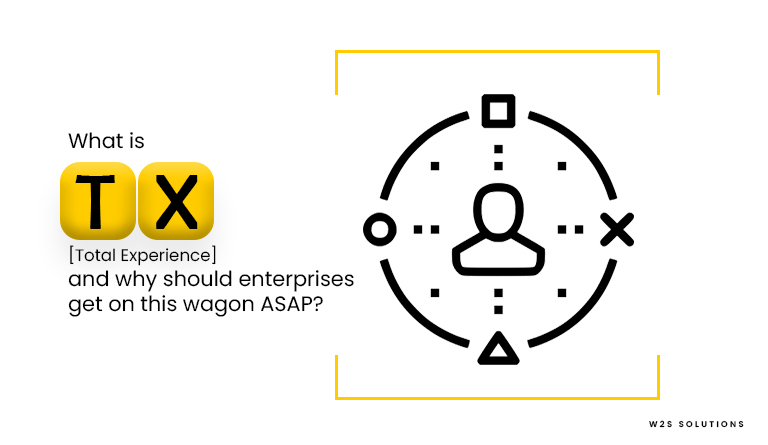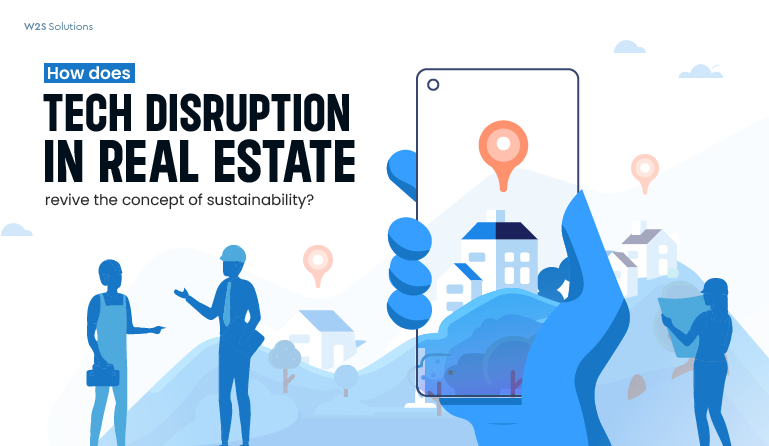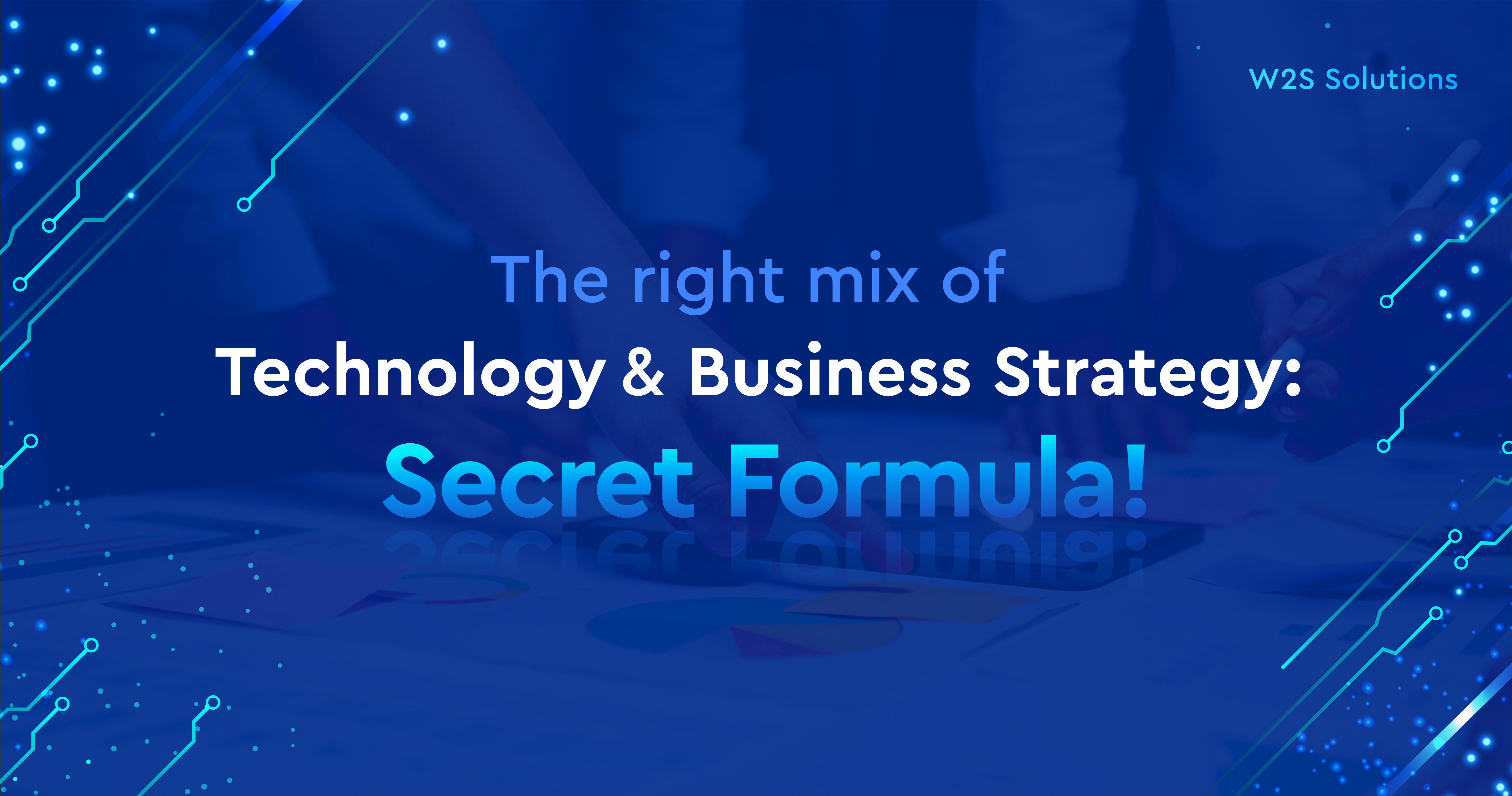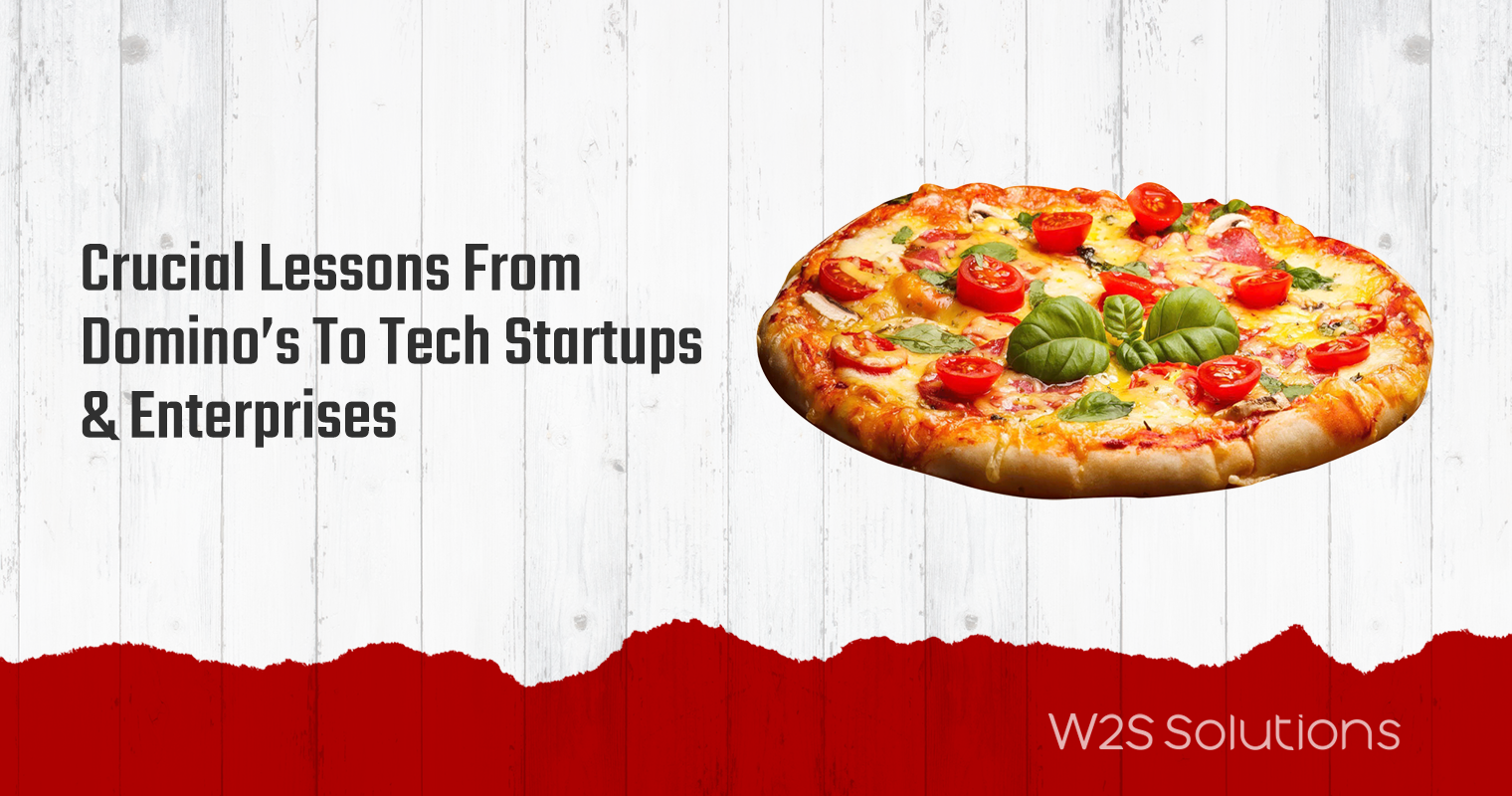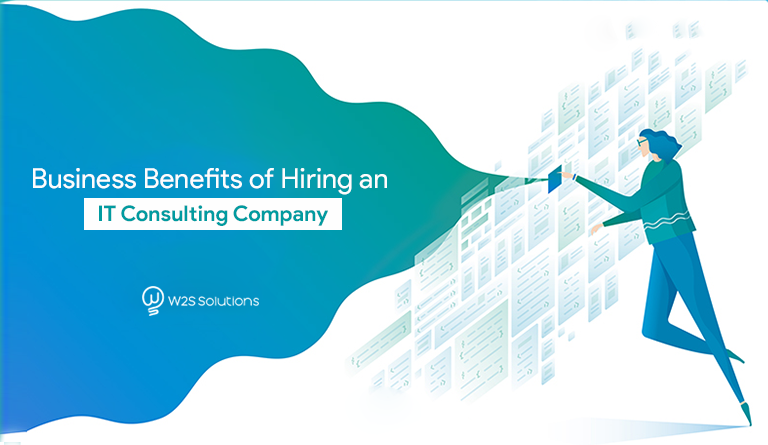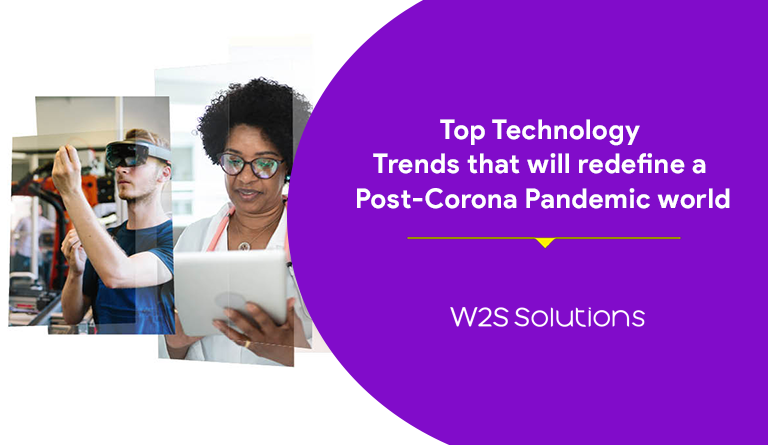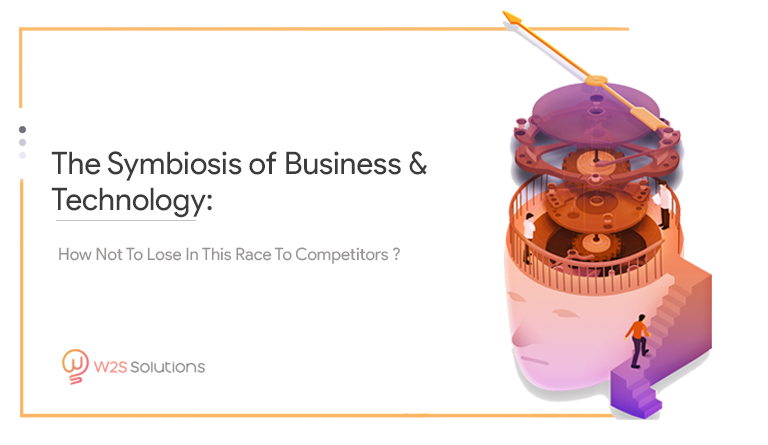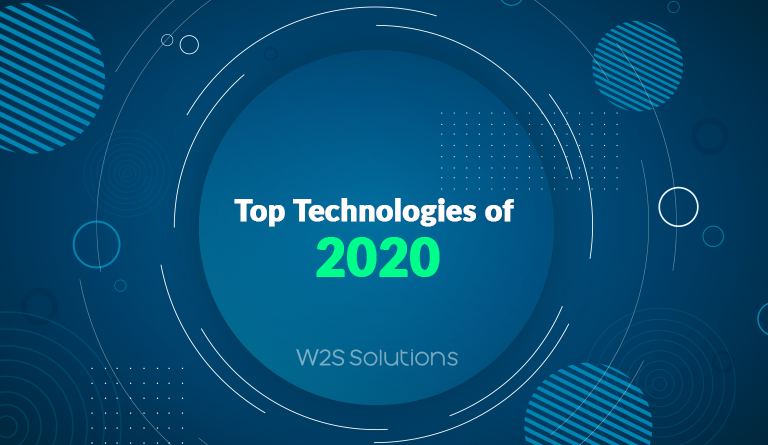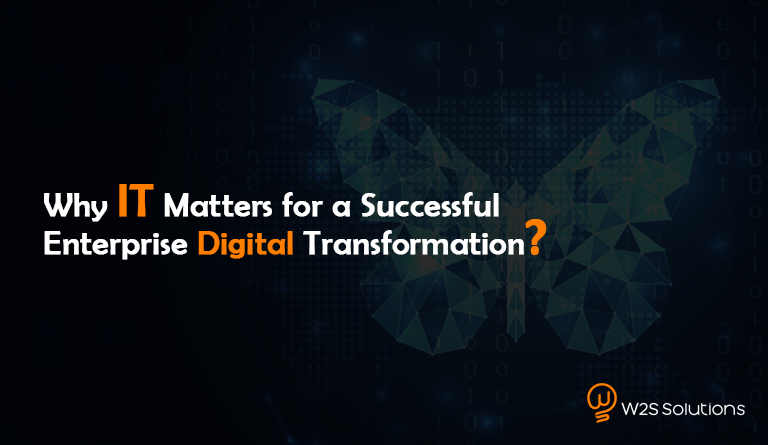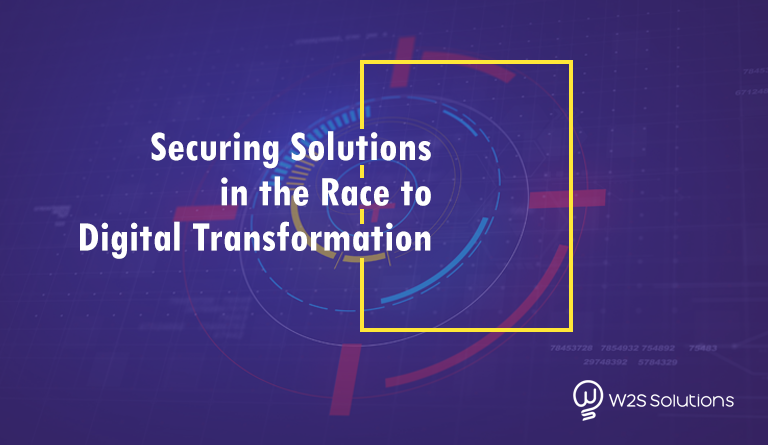TABLE OF CONTENT
In my 20+ years of experience collaborating with some of the most dynamic and innovative global brands, I can say that I have learned a thing or two about how technology enables people, businesses, and governments to move forward. Not so long ago, digital was the trump card that “successful” organizations had over the rest of the market. But now, the abilities of digital are democratized. Merely leveraging the digital medium no longer gives an organization the competitive advantage it previously had. To be cutting-edge in the current marketplace, organizations have to optimize their digital strategy to dream and achieve more. Feels like a cliché? Well, at W2S Solutions, we have a rule to know if a client’s digital strategy is actually “THE ONE”!
Here goes the rule- “If your digital strategy doesn’t allow you to set unrealistic expectations for your organization, then it’s not the one for you!”
If you ask any leading digital transformation companies in the market to say the winning aspect of a digital transformation strategy, they would all say the same thing- digital transformation is a cultural change. And a client doesn’t want to hear it for the 14835th time either. But what they are saying is a fact! Organizations that perceive digital transformation as a cultural evolution are more successful than their counterparts. So, what kind of change in mindset are we talking about?
Your vision for digital should not only focus on the way your business operations function but should change the way you strategize! For companies looking forward to truly leveraging the digital, your transformation should mainly focus on this area. As digital unlock the value by changing the way you strategize, your business operations will be amplified as a by-product.
In simple words, digital transformation should shape your strategy, and only then can you align and adapt your operations to match the grander vision; not the other way around.
When companies lack this mindset, their digital returns are often void of measurable growth and unmeasurable benefits that come along with it. I say unmeasurable benefits, because contrary to what many people think, you cannot say with 100% precision where your digital strategy takes you. It simply illuminates the path, sort of a bridge between your current business and the future version of your business. It is you who has to decide how to capture value with digital. While tech can beat a human in a game of chess, it is still not a substitute for common sense. If you have a strong knowledge of what’s happening in your industry, or someone with a vast experience in your industry, then navigating through disruptions will be instinctive for you.
For instance, we worked with one of the top global pet food manufacturers to expand their business operations and identify opportunities outside their purview with digital. As they have strong insights into how their industry behaves and the anomalies in their market, all we had to do was create a platform for our client to extract and interact with the data they have, and a channel to form and execute their strategy to achieve their business goals. So, we put data at the heart of their strategy and created digital assets that are fluid and responsive to facilitate seamless operations for our clients.
But for nascent companies, this is not the case. The only way to make up for the lack of big guns that leading brands have is by out-thinking them! They need to experiment more with digital while being accountable for their digital returns. We worked with a fairly new player in the telecom industry, and they had to go against some of the industry giants to capture a considerably small market share. One of the biggest challenges for our client was to match the pricing plans of the leading players in the market, who were also our client’s competition. So, the window for ideation, execution, and results was pretty narrow. Also, our client’s version of the ideal digital transformation strategy is to build resiliency.
Obviously, we had to think outside the box to solve the pressing problems for our clients while satisfying their ideal version of what it means to leverage digital. To make the ends meet, we dived deep into the consumer data our client had. We devised a system to monitor even the micro-interactions of the consumers with the brand, and identify areas where our client could deliver a differentiated brand experience.
This helped our client discover a huge gap in their marketing operations, and by leveraging the consumer behavior analytics system we devised, our client positioned themselves in a different realm that helped them capture a relatively larger market share while bringing in more consumers to their existing model.
The point is, what digital means to a business is highly subjective, and the first step of your transformation strategy should be to address what it means for your organization. So, to help you identify if your digital transformation strategy is THE ONE for your organization, you should look at the process more holistically.
To help companies solve this, our digital agents at W2S Solutions have prepared a list of questions that a company is most likely to ask even before conceptualizing its digital transformation process. Feel free to check out-
- How do I build a robust digital infrastructure for my business in an industry that’s increasingly becoming digital?
- How do I create the scenario for scaling my business when the digital infrastructure is scattered?
- How do I simplify and modernize my business infrastructure to stay on my toes in the competition?
- How do I deliver instant value to my consumers with digital and keep up with the evolving demand in the market?
Why do we ask this?
Digital is the language of the current economy, and companies need to be fluent in this language to deliver any impactful value to their stakeholders. We at W2S Solutions strongly believe that digital transformation is an organic process, and it’s more of a cultural change for a business than anything. So, we want you, as an agent of transformation for your business to ask these key questions-
- What is the nature of digital disruption my industry will face?
- How immediate the disruption in my industry will be?
- How fast should I act to keep up with this pace while delivering value consistently?
People have different theories when it comes to digital disruption. If anything, the change is happening much faster than they think it’s happening in their industry, and before a business realizes and equips itself, the customers adapt to it. From then, it’s a ticking bomb. The first one to arrive will occupy the majority of the market share, and these patterns ultimately affect the scope for innovation for your business.
The most practical and viable approach for you to break out of this never-ending cycle is by being bold. Bold strategies built around your business’s digital capabilities will help you identify opportunities in the market much faster than your competitors. If your goal is to stay one step ahead of the disruption or to even match the speed of disruption, then you need to catalyze the transition of your organization into a digital enterprise.
Who we are
With 20+ years of experience and a tribe of passionate tech enthusiasts, we have transformed into one of the leading digital transformation companies in the global market. We have collaborated with businesses and organizations of all sizes to embrace technology to transform into dynamic and high-potential digital brands. To know more about the impact, we created in the market, check out this link.
To know how we can deliver value to your business, click here.
Frequently Asked Questions
Digital transformation is the process of integrating digital capabilities into the core of a business strategy to capture and deliver value by leveraging the digital medium.
Simply put, digital transformation enables your business to capitalize on opportunities in the current economy, which is predominantly digital. The increased customer-centricity in the market is often attributed to the normalization of digital medium, and when a business understands this, it can connect with their customers seamlessly.
Every business is unique, and so should be their digital transformation strategy. Know why some digital transformation strategies fail, and how you can create the ideal, winning strategy for your business.
Get inspired!
Subscribe to our newsletter and get updates on how to navigate through disruption and make digital work for your business!




